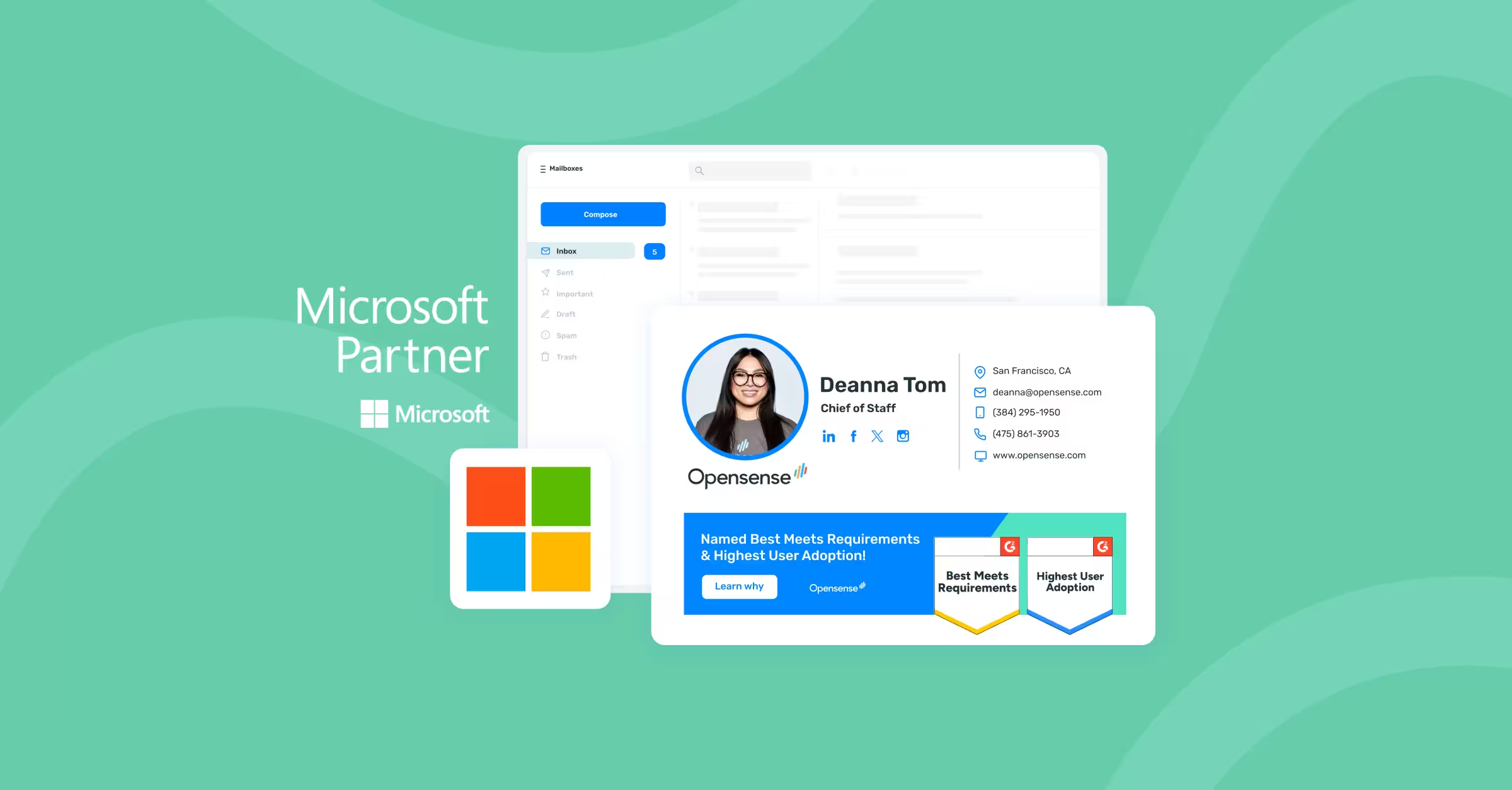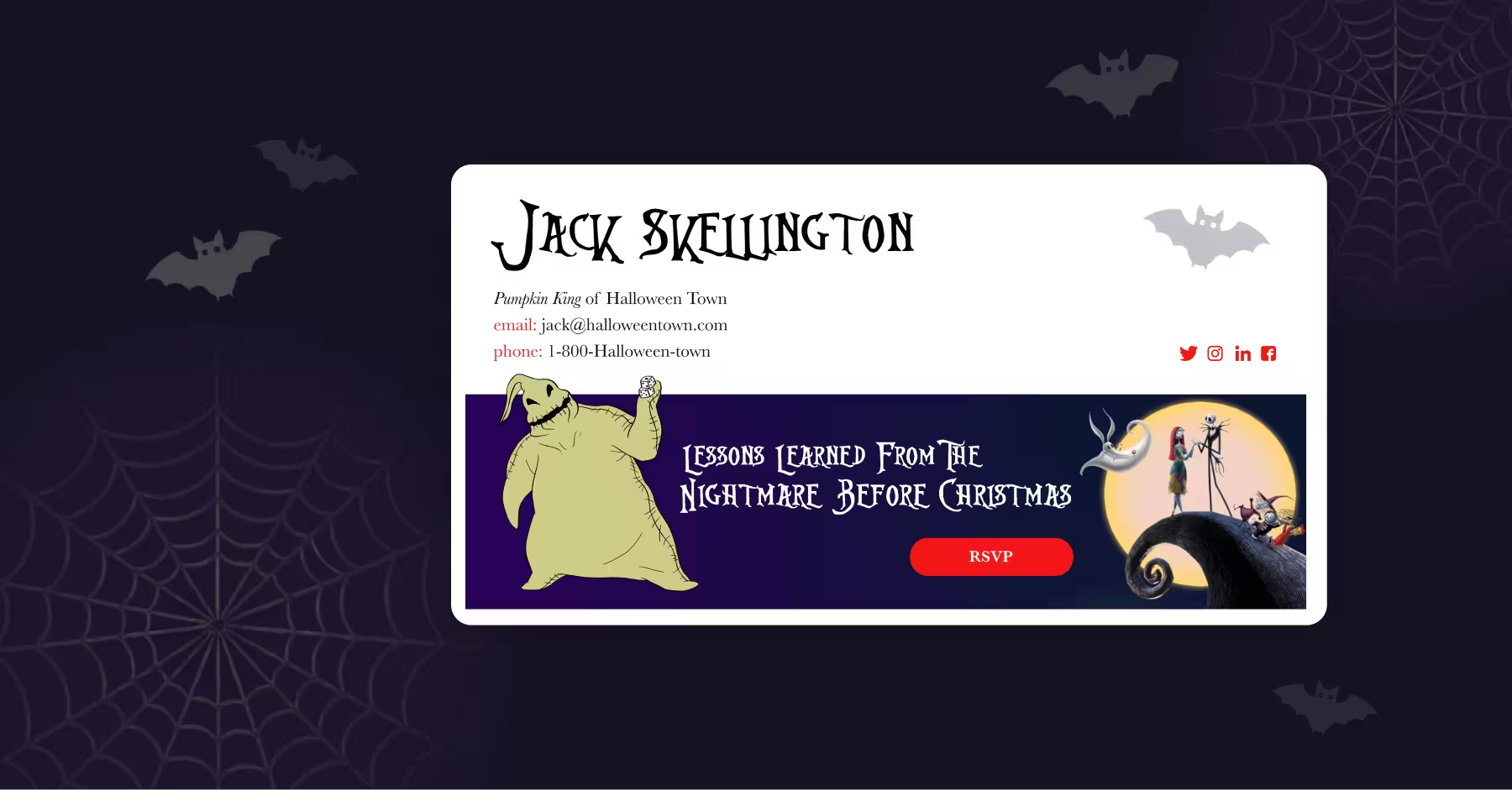![Featured image for How Can A Brand Stand the Test of Time? 15 [Badass] Brand Builders Chime In](https://cdn.prod.website-files.com/635155344d58289a8b537b6a/639ab009e0eca762526b4dc3_how-can-a-brand-stand-the-test-of-time-15-badass-brand-builders-chime-in-feature.avif)
How Can A Brand Stand the Test of Time? 15 [Badass] Brand Builders Chime In
Coca-Cola, Chevrolet, Hershey's, Levis…these classic brands have been around for decades, and they don’t seem to be going anywhere anytime soon. But beyond their instantly recognizable names, mention of these brands likely evokes feelings for anyone who stumbles across them. Maybe it’s a nostalgic sense of familiarity from brands that defined your childhood or a confident wave of strength that you’ve learned to associate with a brand that makes you feel good.
These feelings are powerful, and they go a long way in helping a brand create a timeless presence both in the marketplace and within the homes - and hearts - of consumers. But timeless brands aren’t built overnight, and certainly not by accident. They’re the result of extensive research, data-driven marketing efforts, and air-tight brand strategies that attract engaged target audiences. And while not everyone has what it takes to build a long-lasting brand, some notable experts have a history of understanding and creating classics.
We had the honor of chatting with more than a dozen Brand Builders at HubSpot’s Inbound22 Conference this year and asked each of them this very question:
How can a brand stand the test of time?
Their answers did not disappoint, and while some address the bigger picture, others offer tangible tips to help small businesses grow and thrive sustainably. No matter the perspective, each of these answers is impactful - and relevant - for anyone trying to build a long-lasting brand:
Jen Spencer, CEO of SmartBug Media
So, you want to build a brand that withstands the test of time? Step one is casting a vision for the organization while providing the necessary tools, resources, and milestones for achieving that vision. Step two is recruiting, hiring, engaging, and retaining a team that believes in that vision, evangelizes it, and contributes to the culture when everyone is focused on the same goal. Strong brands that withstand the test of time require equal parts internal and external evangelism.
Dax Miller, Head of Product at Aptitude 8
Building a timeless brand is about the emotions tied to it and the connection with everyday life. How does the brand make you feel? How often is it relevant to what is happening around you? What senses are associated with it.
Make it tangible, make it omnipresent, make it feel.
Christina Garnett, Senior Marketing Manager at HubSpot
Brands last the test of time when they are true to themselves and their customers. Showing you care and having a culture that embodies what matters will be seen in everything you do. People can tell when you care and when it's just a marketing tactic.
Kim Orlesky, VP of Sales at ConvergentIS
I would say always be honest with your clients and what you are capable of.
As our company continues to grow and expand, especially in the software development space, we find ourselves competing internally between what we can provide right now and what is in development for the future. Buyers are excited about features in development, and when we showcase them in our demo environment, it can be easy for a client to jump on board because they think that is what they will get immediately. Tough conversations need to be had. Set expectations that implementation will be available longer than we believe internally. You will never fail when you are honest with clients. It may not be what they want to hear at that moment, but they will always respect that you don't over-promise and under-deliver. Be honest. Always.
Hannah Shain, VP of Marketing at SmartBug Media
When building your brand, it's important to know and recognize what you're currently known for, and what you want to be known for. Are those two answers aligned? Are people discovering who you are with the keywords you want to be known for?
Brand building starts at the early stages of identifying your product (services)-to-market fit. As you get deeper into defining your niche in the market, you can start to build a brand behind that. Name it. Trademark it. I believe the lovable brands out there are the ones that went from being just another vendor in that space to being THE brand name (or THE verb) in the space. On the consumer side, Kleenex took over facial tissue, Uber took over ride-share, and Google took over web search.
In the B2B space, you know you have a brand standing the test of time when you are the trademarked name in the industry.
Michael Ashford, Director of Marketing at The Receptionist
Brands that last never lose the connection points with their customers. The voice of the customer continuously resonates within the minds of the employees because, after all, the customers are the entire reason why the brand exists in the first place. And the best brands are the ones where leadership recognizes this, so they make it a point to support their employees with future-focused decision-making that makes employees feel seen, heard, trusted, and valued. Those employees then pass along that mindset into every interaction they have with customers, and the cycle builds on itself.
Christina Brady, Chief Strategy Officer at Sales Assembly
Not the first one to say it, but I believe this strongly--your brand is what people think about and say about you or your company when you're not in the room. And there are so many similarities between how to build a lasting brand and how leaders inspire and create change: stay true to your values, communicate them + live them consistently over time and regularly reinforce your vision of how things could be. When people see you as authentic, and transparent, and they can relate to you ... they'll want to be part of the new future that you paint.
So go forth, consistently lead with your values and inspire!
AJ Wilcox, Founder at B2Linked
Building a brand that stands the test of time is about providing market value. It means taking time and resources to contribute to the conversations that your audience cares about, even when it doesn't contribute directly to revenue.
Companies that are simply extracting as much value as possible and are just a hustle won't do these things. They'll see it as a waste of time and energy if it isn't a revenue-generating activity. Create actually valuable content and provide it free. Put on webinars. Share what you know and share value free of charge. You'll find that those activities that you considered "non-revenue-generating" are the ones that endear your audience to you and continue to provide revenue for years to come.
Carole Mahoney, Founder at Unbound Growth
Honesty, to build anything that stands the test of time requires honesty and transparency. Whether it is your personal brand or your company brand- it's not about the image you wish to portray but how you react in the good and bad.
That is how trust is built.
Dave Mattson, CEO of Sandler Training
Have a long-term vision and mission that will stand the test of time. Choose cornerstone assets of the brand that are flexible to fit in different markets. Don’t over-optimize things like the business name, domain name, or social media profiles with specific keywords that might change.
Do the little things consistently that build evergreen value over time. Create content like blogs, podcasts, webinar recordings, and white papers will hold their value and build themselves into large libraries with huge SEO value over time.
Nancy Harhut, Co-Founder and Chief Creative at HBT Marketing
While there’s no simple formula, in order to build a brand that will stand the test of time, marketers need to take into account how the human brain works – what the brain will register as credible and memorable. This means having a message that is simple and consistent.
The human brain prefers things that are easier to think about and understand, so simplicity is key. The brain is also more likely to trust and recall information it regularly hears, making consistency important. Both will help encode the brand’s message in the human brain. Additionally, the brand’s repeated demonstrations of relevance to its audience will reinforce that position.
Elise Vu, Senior Director of Community and Corporate Comms at Syncari
Here are some of the things we are doing:
iPad Raffle in our booth: Stop by and get scanned for your chance to win an iPad. We've got a Sprocketeer Community Booth and Party sponsorship: Syncari branding, video, literature, and swag in the Sprocketeer booth. We are also sponsoring their party.
HubSpot landing page with all of our HubSpot-specific assets. Commercials in Sprocketeer HubSpot Inbound podcast. Social campaign pre-event, onsite, and post-event
Target emails to all customers and prospects in our database who are HubSpot customers, offering them discounted passes, inviting them to book a meeting with Syncari Sales/Execs, and informing them of all of our activities at the event. We've schedule post-event email and sales follow-up along with post-event Masterclass with the Sprocketeer Community.
Matt Kerbel, Director of Strategic Brand Planning at Turo
Marketing is not about telling people what they need, want, or should/must have. More than ever, it’s about demonstrating that a brand understands and relates to its audience on an emotional level.
Ask the right people the right questions.
From creating a sense of brand authenticity to focusing on your brand's long-term mission and vision, each of these notable pieces of advice is worth considering when zeroing in on a growth strategy for your brand. But perhaps the most notable lesson we learned - and hope to share - through these conversations at Inbound22 is the importance of asking the right questions to the right people.
HubSpot’s Inbound22 Conference brought some of the best and brightest of the industry together and served as the perfect backdrop for insightful conversations and collaborations among talented, diverse, strategic brand builders and experts.
Remember, the smartest person in the room is the room.


.svg)



.svg)



